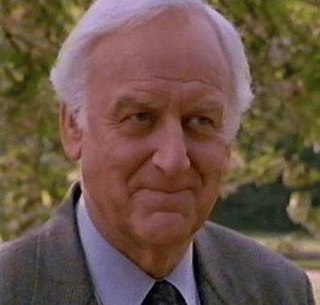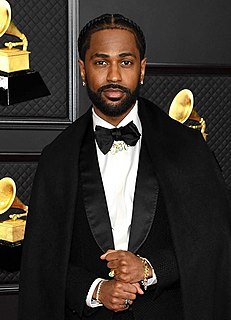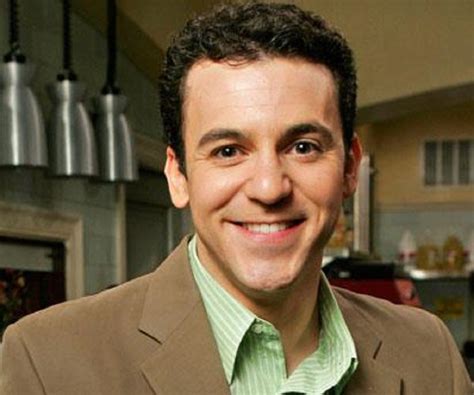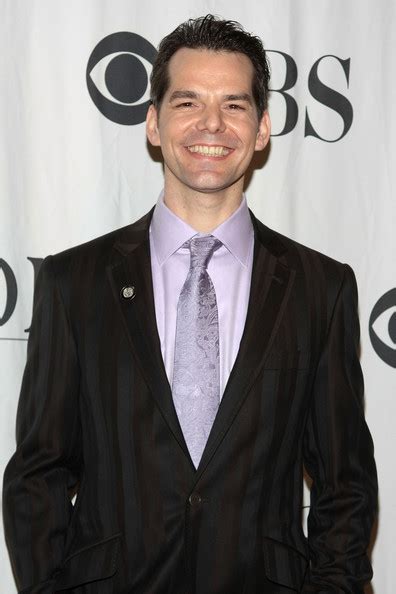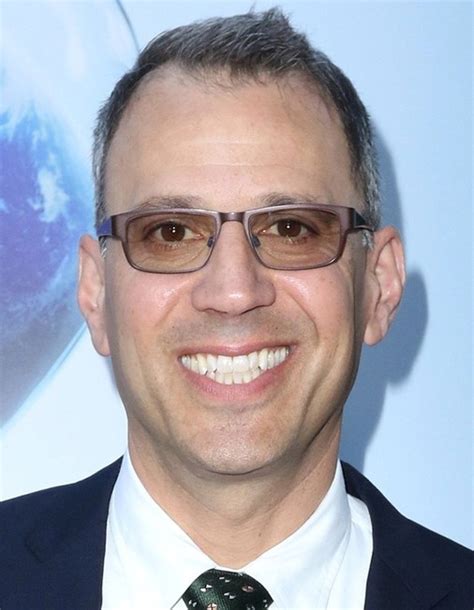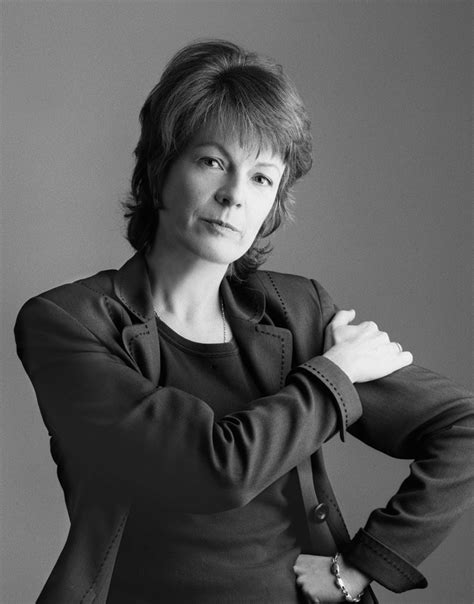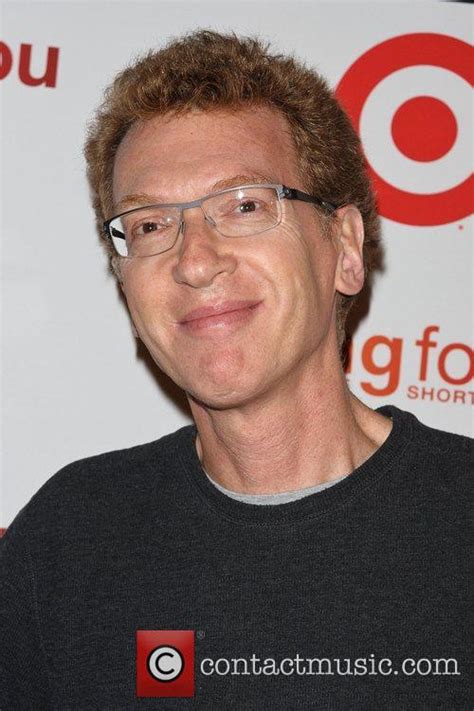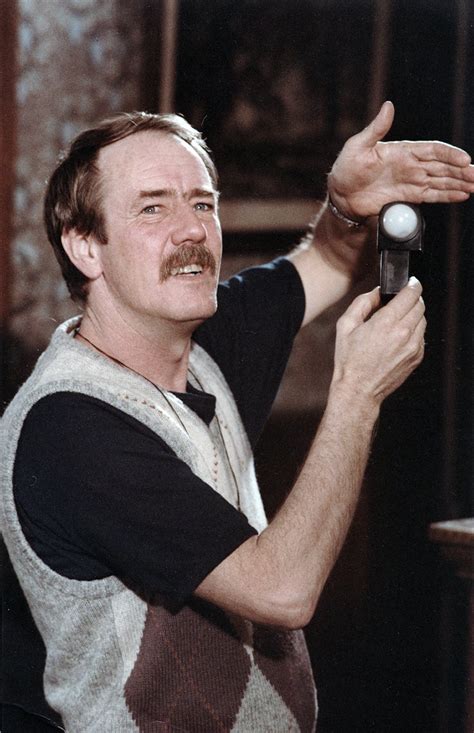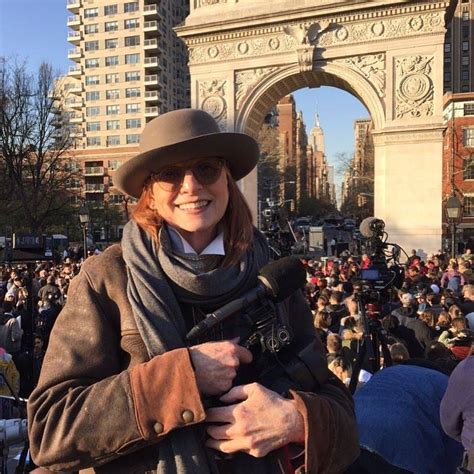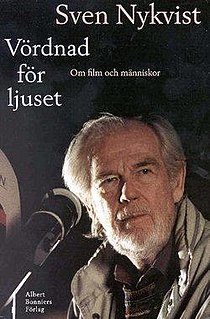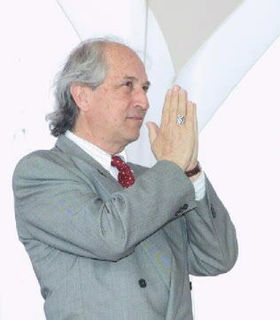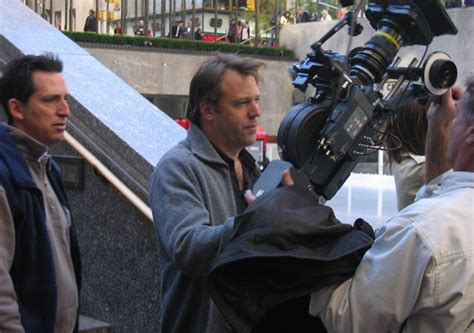A Quote by Vilmos Zsigmond
We used hand-held cameras 50 years ago. It wasn't something new. Sometimes we used a tripod, or we'd have a tracking shot, and sometimes - like when a character was being chased - we used a hand-held camera because it was right for the scene. In those cases, it helped the mood; it created immediacy and a feeling for the viewer that they were in the scene and in the moment.
Related Quotes
All the events you have experienced in your lifetime up to this moment have been created by your thoughts and beliefs you have held in the past. They were created by the thoughts and words you used yesterday, last week, last month, last year, 10, 20, 30, 40, or more years ago, depending on how old you are
All the events you have experienced in your lifetime up to this moment have been created by your thoughts and beliefs you have held in the past. They were created by the thoughts and words you used yesterday, last week, last month, last year, 10, 20, 30, 40, or more years ago, depending on how old you are.
This uses a lens system, which I have used for years in various different ways, but I've never used it in the context of an interview. This is the very first time that I've done that. It's a lens called The Revolution, so it allowed me to interview Elsa [Dorfman] and actually operate the camera. Well one of the cameras, because there were four cameras there.
I had invited 50 or 60 peers and friends, most of whom were parents, to see the film [Trust], and I asked about the last scene. It was interesting because it was split right down the middle, 50/50. About half the audience wanted it to end with the very emotional scene between Clive and Liana, and that feeling of realization and catharsis. And, the other half were adamant about keeping that last scene.
When we shot that [Westworld], it was so funny. Not funny - I mean, like, funny-strange because I, personally as an actress and as a person, am so used to having to play the damsel, that when we were shooting that scene, and Jimmi looked at me and said, "Dolores, run," I ran. Then I stopped myself, and I turned around and I went, "Oh my God. I'm so used to running."
When I'm creating a character, it's a little bit like what my theater teachers used to tell me about Stanislavsky, like if you're using sense memory to do a scene - if you have to cry in a scene, you try to remember something in your life that made you cry and you use that in order to get the tears.

